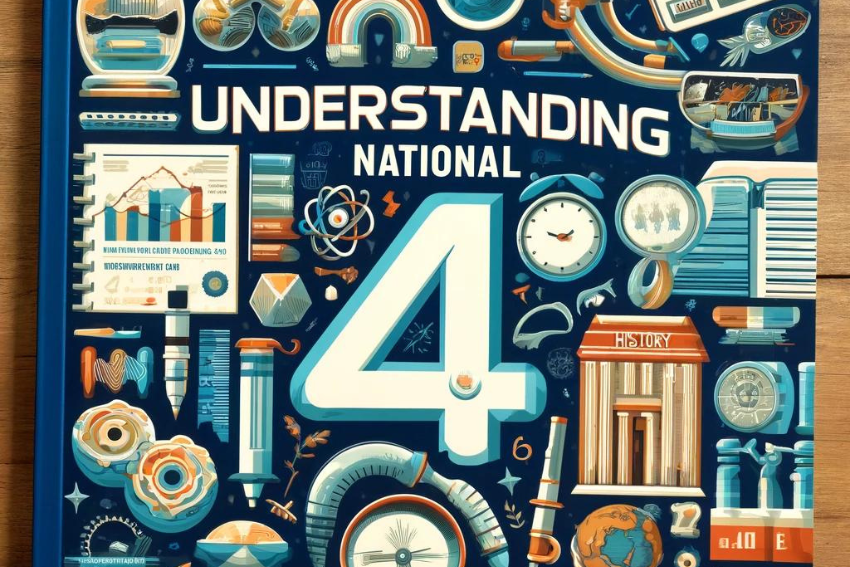Why Choose OCR for A-Level Physics?
When it comes to selecting the right board for A-Level Physics specification, OCR stands out as a leading exam board choice in the UK. Part of the Cambridge Assessment Group, Europe’s largest assessment agency, OCR brings a rich history of excellence and global reach, operating in over 150 countries. A Level in Physics is a challenigng course but also a stepping stone towards future opportunities, crafted in consultation with teachers, employers, and higher education experts to ensure it meets the evolving needs of students.
Key Features of OCR Specifications
OCR’s a level physics spec is designed to spark learners’ passion and curiosity in physics. It uses a content-led approach, allowing flexibility in the order of teaching. The specification also:
- Retains popular topics from the legacy OCR Physics A qualification (H558).
- Is laid out in clear teaching modules with additional guidance to clarify assessment requirements.
- Is co-teachable with the AS level.
- Integrates practical skills within the teaching modules.
- Identifies Practical Endorsement requirements.
- Exemplifies and highlights key mathematical requirements in physics.
OCR A-level Physics Content and Assessment Overview

A-Level Physics Spec Summarised
The OCR A-Level Physics course is meticulously structured into six modules, each covering specific areas of physics:
- Module 1 – Development of Practical Skills in Physics
- 1.1 Practical skills assessed in a written examination.
- 1.2 Practical skills assessed in the practical endorsement.
- Module 2 – Foundations of Physics
- 2.1 Physical quantities and units.
- 2.2 Making measurements and analysing data.
- 2.3 Nature of quantities.
- Module 3 – Forces and Motion
- 3.1 Motion.
- 3.2 Forces in action.
- 3.3 Work, energy and power.
- 3.4 Materials.
- 3.5 Newton’s laws of motion and momentum.
- Module 4 – Electrons, Waves, and Photons
- 4.1 Charge and current.
- 4.2 Energy, power and resistance.
- 4.3 Electrical circuits.
- 4.4 Waves.
- 4.5 Quantum physics.
- Module 5 – Newtonian World and Astrophysics
- 5.1 Thermal physics.
- 5.2 Circular motion.
- 5.3 Oscillations.
- 5.4 Gravitational fields.
- 5.5 Astrophysics and cosmology.
- Module 6 – Particles and Medical Physics
- 6.1 Capacitors.
- 6.2 Electric fields.
- 6.3 Electromagnetism.
- 6.4 Nuclear and particle physics.
- 6.5 Medical imaging.
How to Revise A-Level Physics Specification?
How to revise for A Level Physics? As you know this is very important part of A Level Physics journey, which is certainly challenging but can be manageable with the right approach, here are some insightful tips on how to revise A-level Physics spec from UK’s top educators.
- Utilise OCR A Level Physics Past Papers – Practice makes perfect. Regularly working through past papers helps familiarise yourself with the exam format and question styles.
- Engage an A-Level Physics Tutor – Personalised guidance can significantly enhance your understanding and approach to complex topics.
- Create a Revision Timetable – Stay organised and ensure all topics are covered systematically.
- Focus on Weak Areas – Spend extra time on topics you find challenging.
- Group Study Sessions – Discussing and solving problems with peers can offer new perspectives and solutions.
- Utilise Online Resources – There are numerous online platforms and forums where you can find additional materials and support.
FAQs:
What does the A Level Physics specification include?
The A Level Physics spec covers key topics such as mechanics, electricity, waves, particles, fields, and nuclear physics. Depending on your exam board (AQA, OCR, or Edexcel), you’ll also study practical skills, data analysis, and mathematical applications in physics.
How should I revise for A Level Physics effectively?
Start by understanding each topic in the specification, then create concise revision notes and use active recall. Practise a level physics past paper questions regularly and review examiner reports to understand common mistakes. Visual aids like diagrams and flashcards also help reinforce complex ideas.
What’s the difference between A Level Physics and GCSE Physics?
A Level Physics goes deeper into theory, maths and practical applications. It requires stronger problem-solving and analytical skills. You’ll explore advanced topics such as quantum mechanics, circular motion, and electromagnetism, which build on GCSE foundations.
How many practicals are required for A Level Physics?
Students must complete a minimum of 12 required practicals throughout the course. These experiments assess your ability to plan, collect, and analyse data. While practical grades don’t count towards your final mark, you must pass the Practical Endorsement to receive a full A Level qualification.
What is the practical endorsement for physics?
The practical endorsement for A Level Physics spec is a separate part of your qualification that assesses your practical skills rather than your written exam performance.
It’s designed to ensure that you can confidently carry out experiments, collect accurate data, and apply scientific methods. Throughout the course, you’ll complete at least 12 required practicals set by your exam board (such as OCR, AQA, or Edexcel). Your teacher will assess you against specific criteria, including following procedures safely, making precise measurements, and analysing results effectively.
While the practical endorsement doesn’t contribute to your final A Level grade (A*–E), you must pass it to receive a “Pass” mark alongside your exam grade on your certificate.








